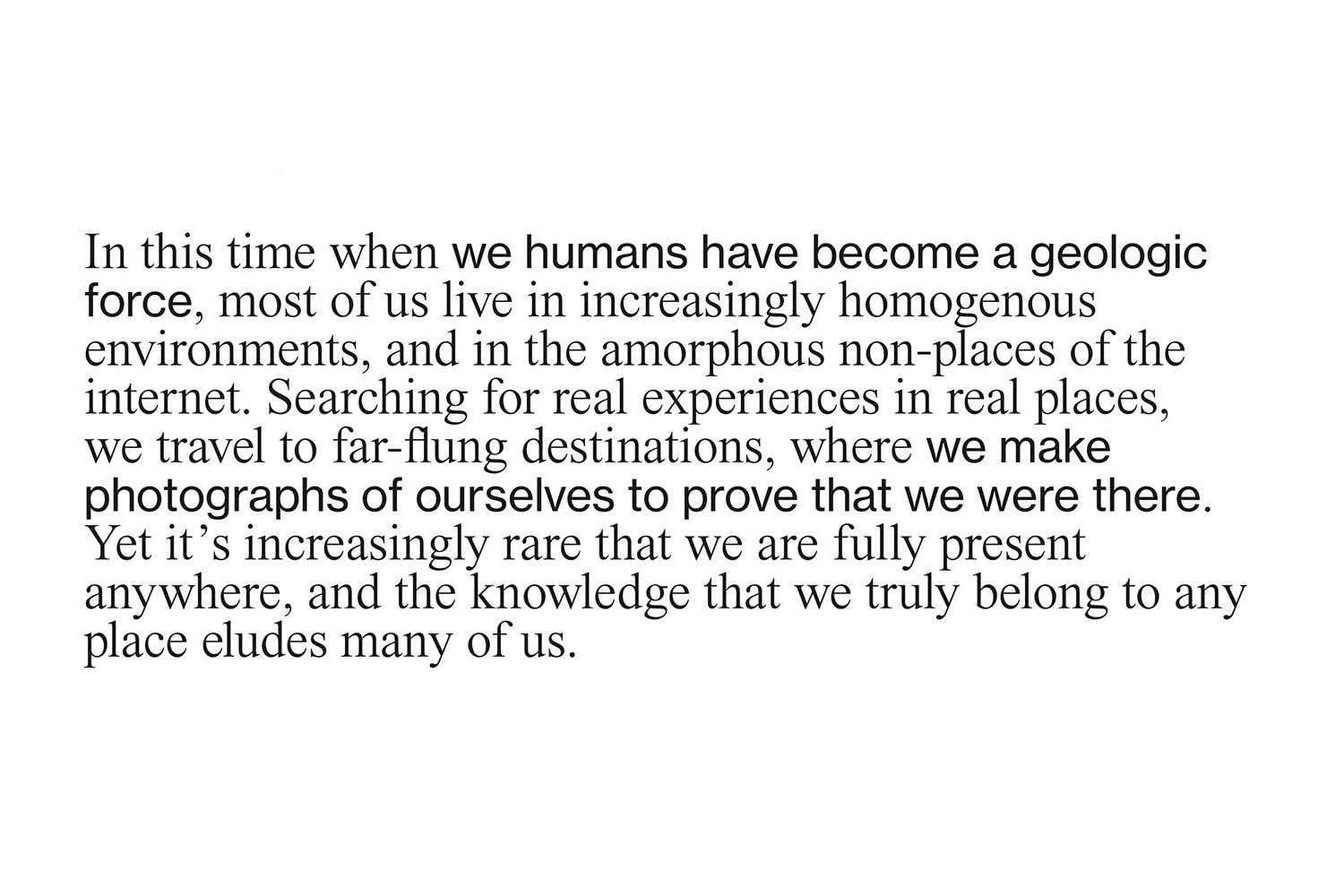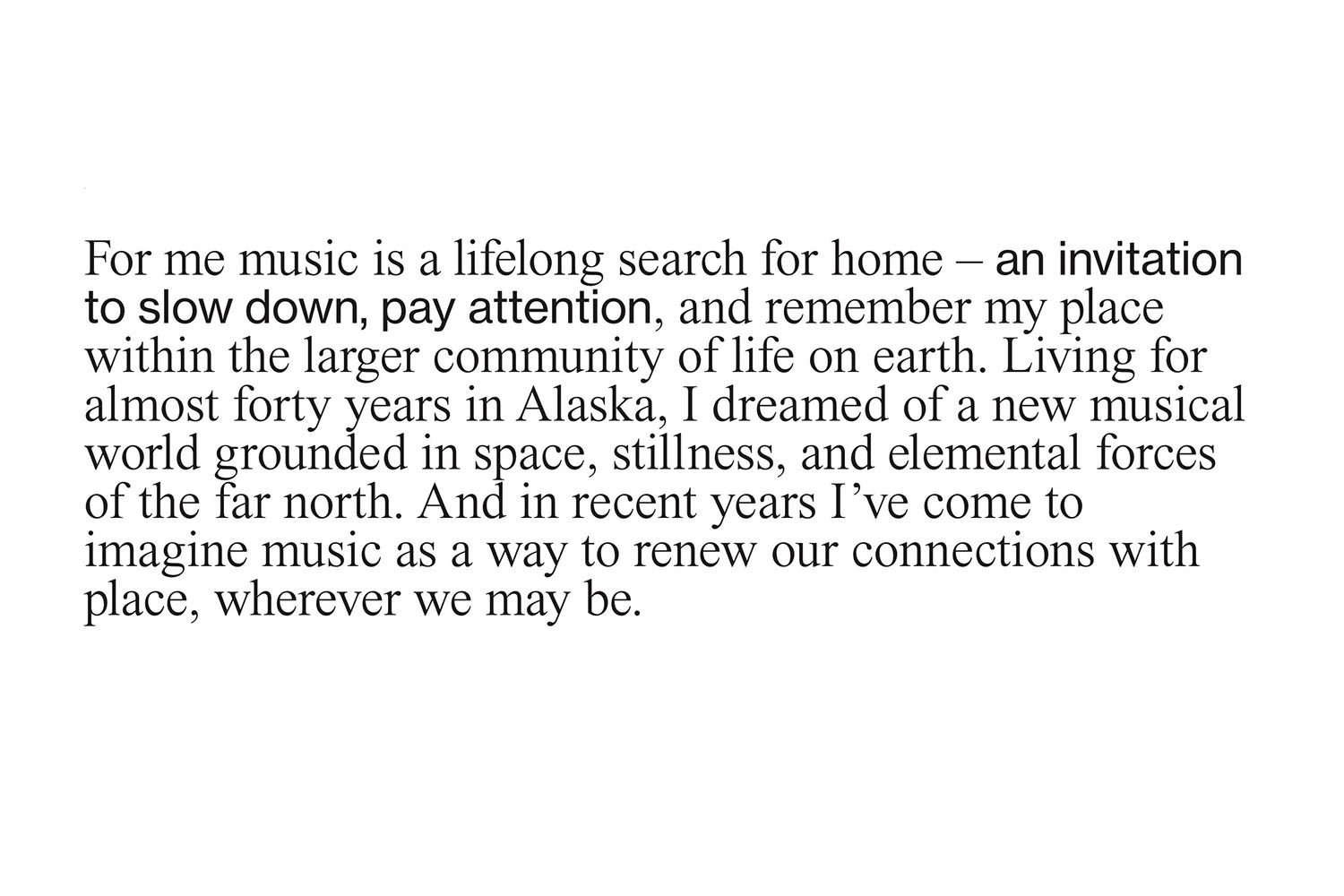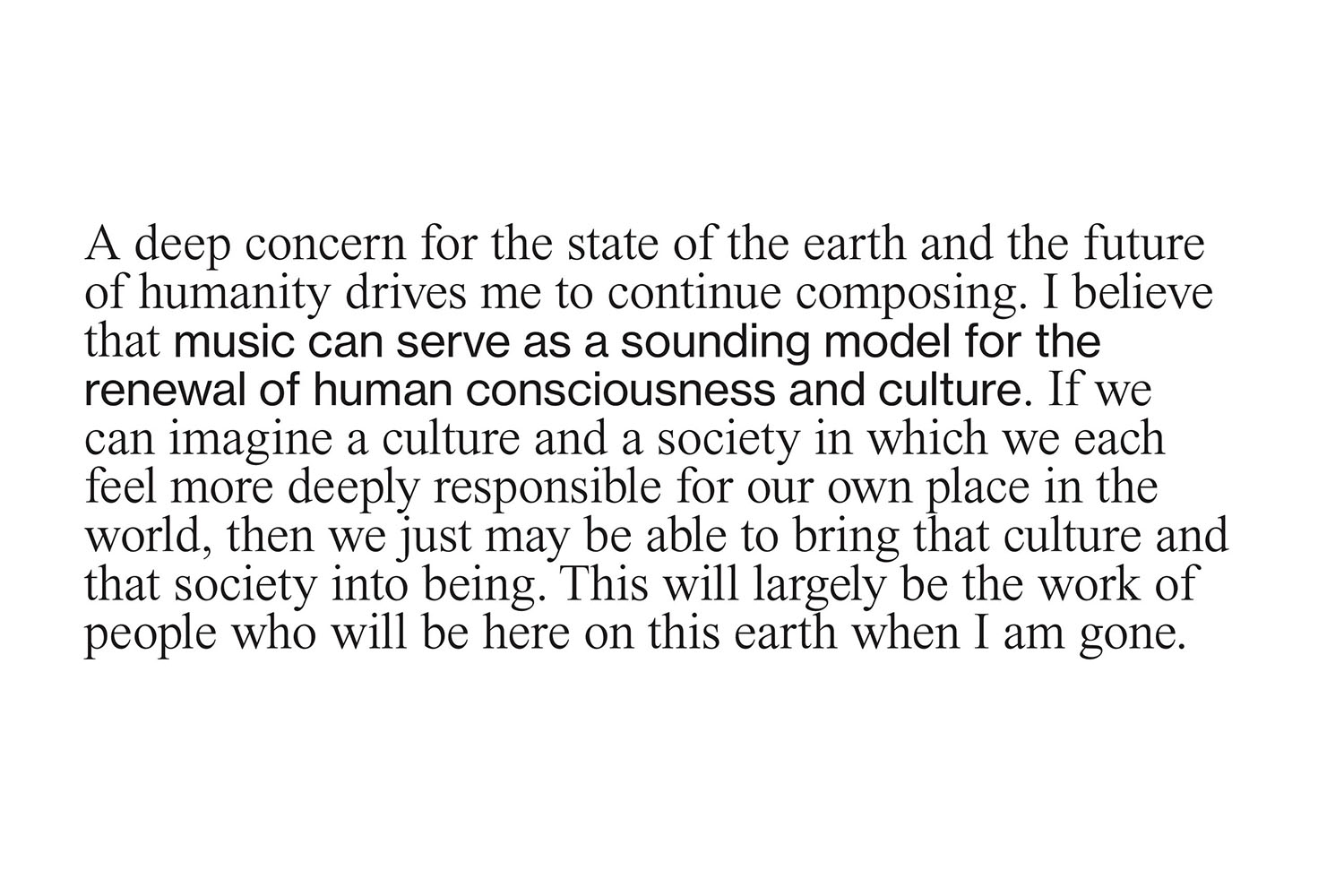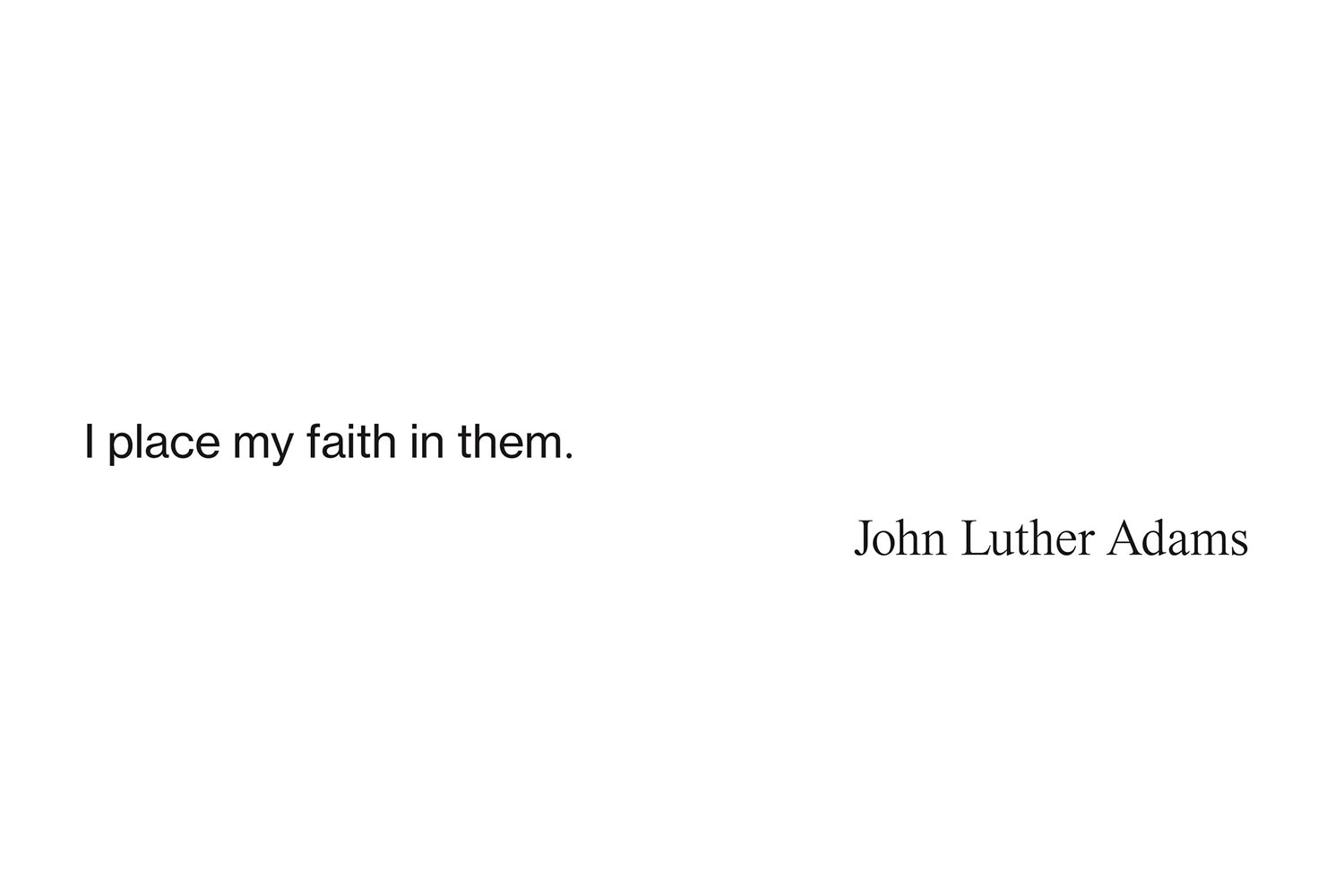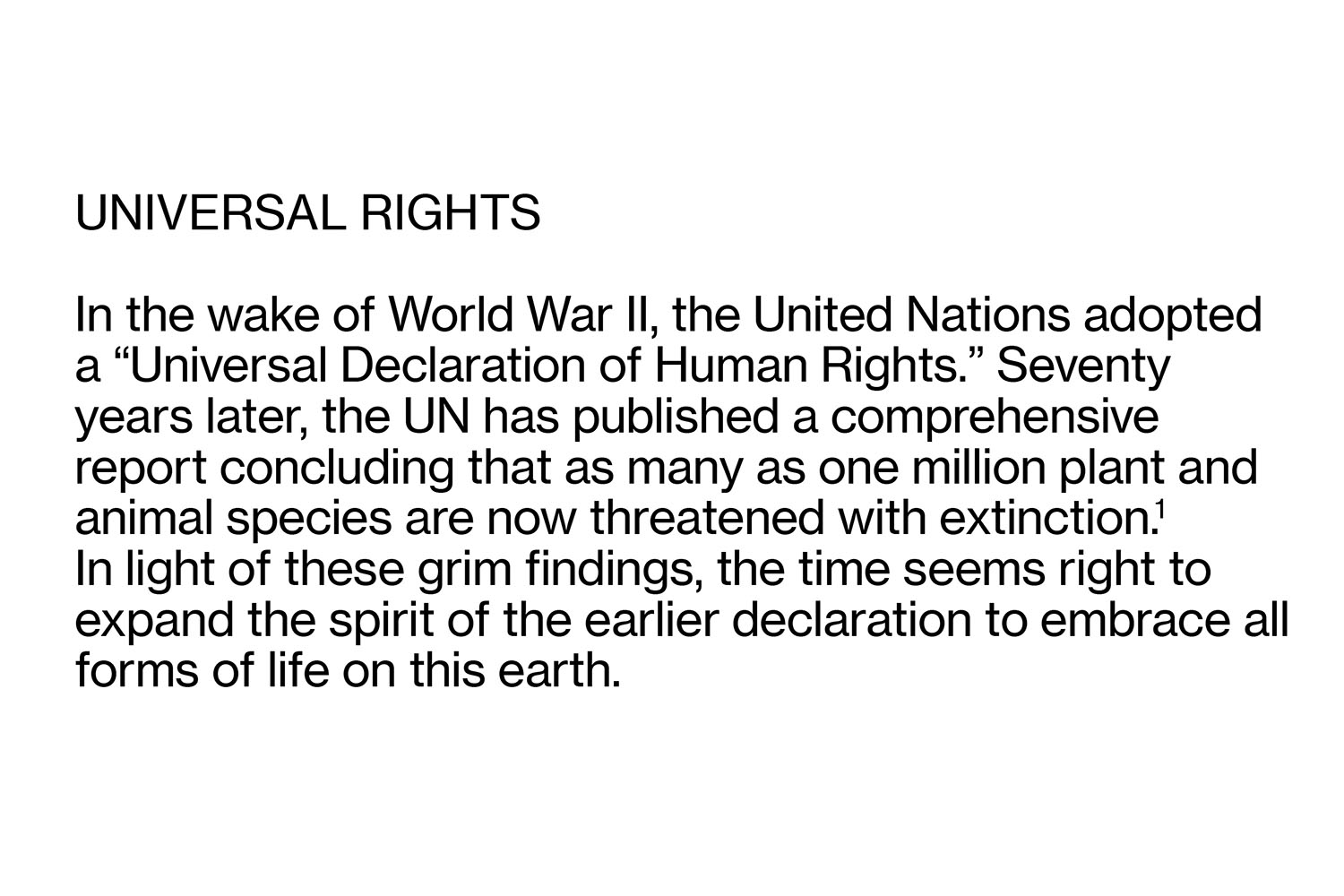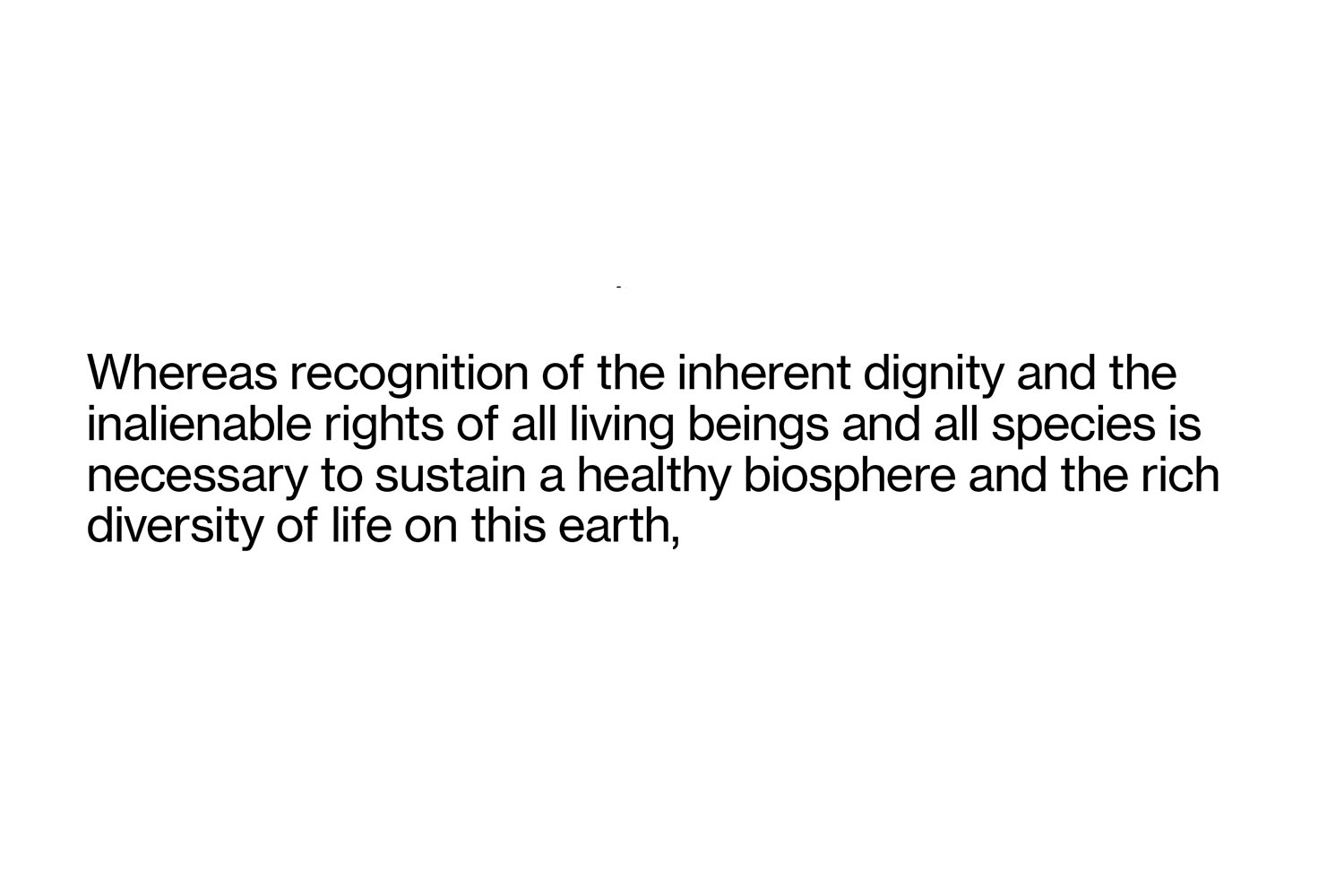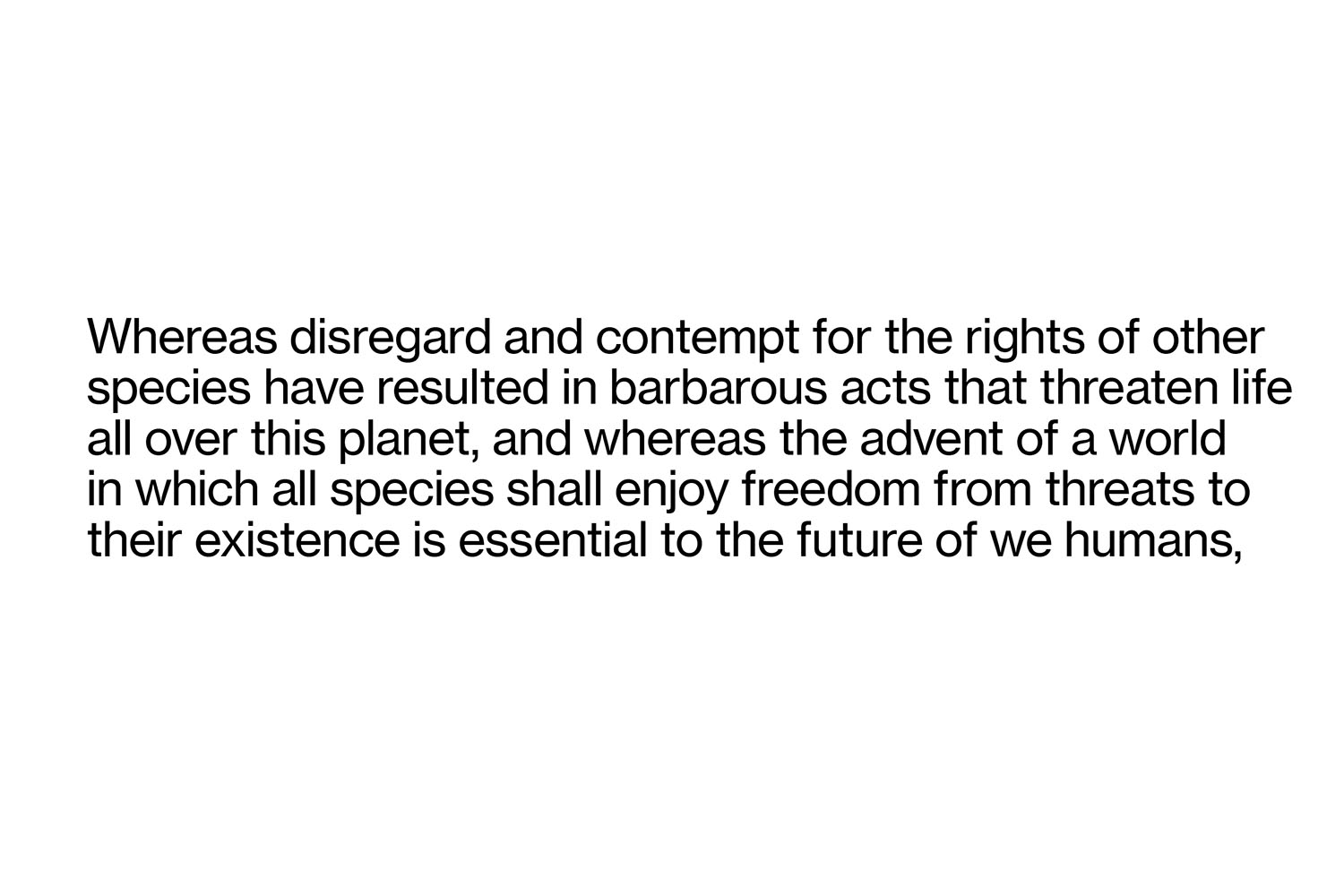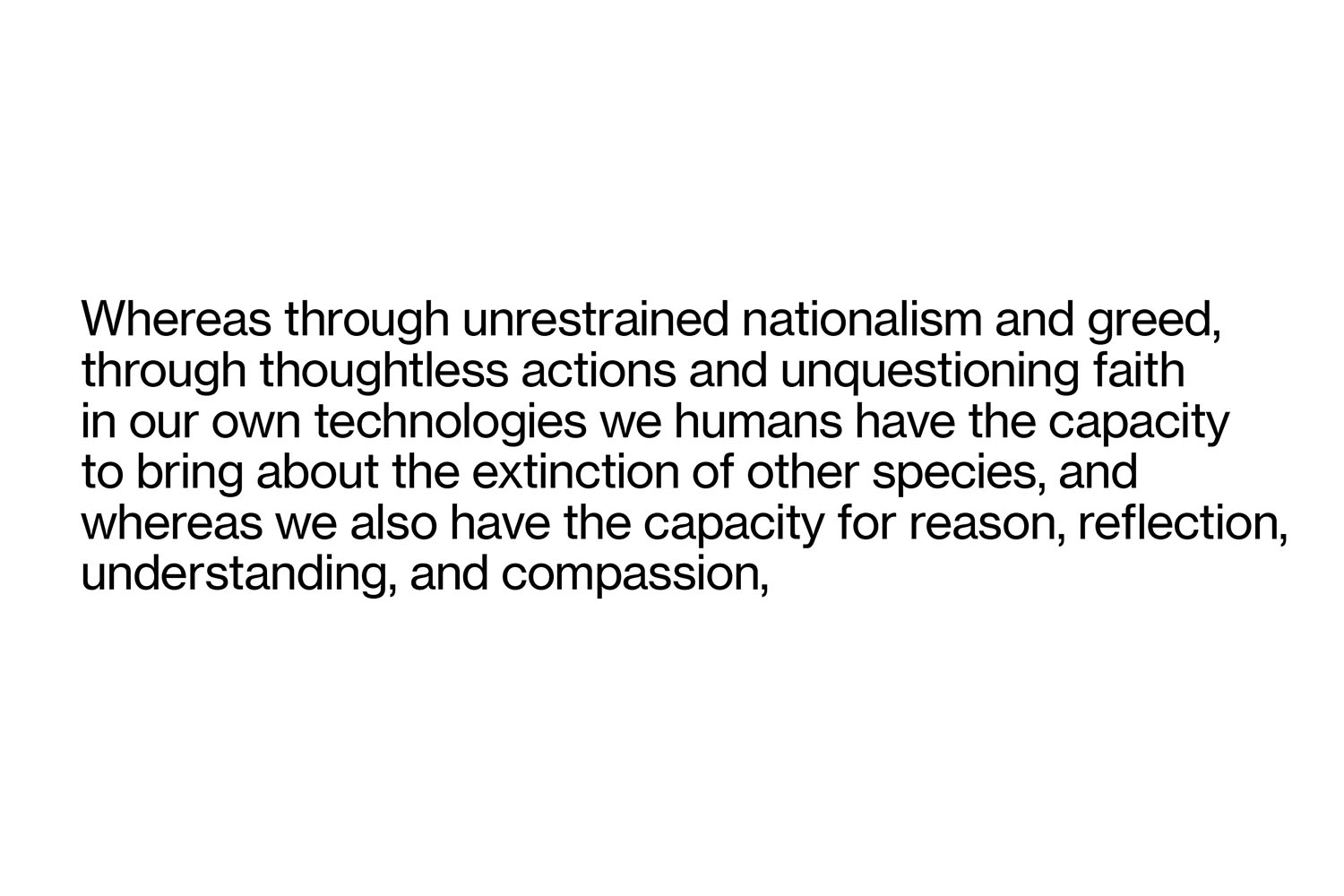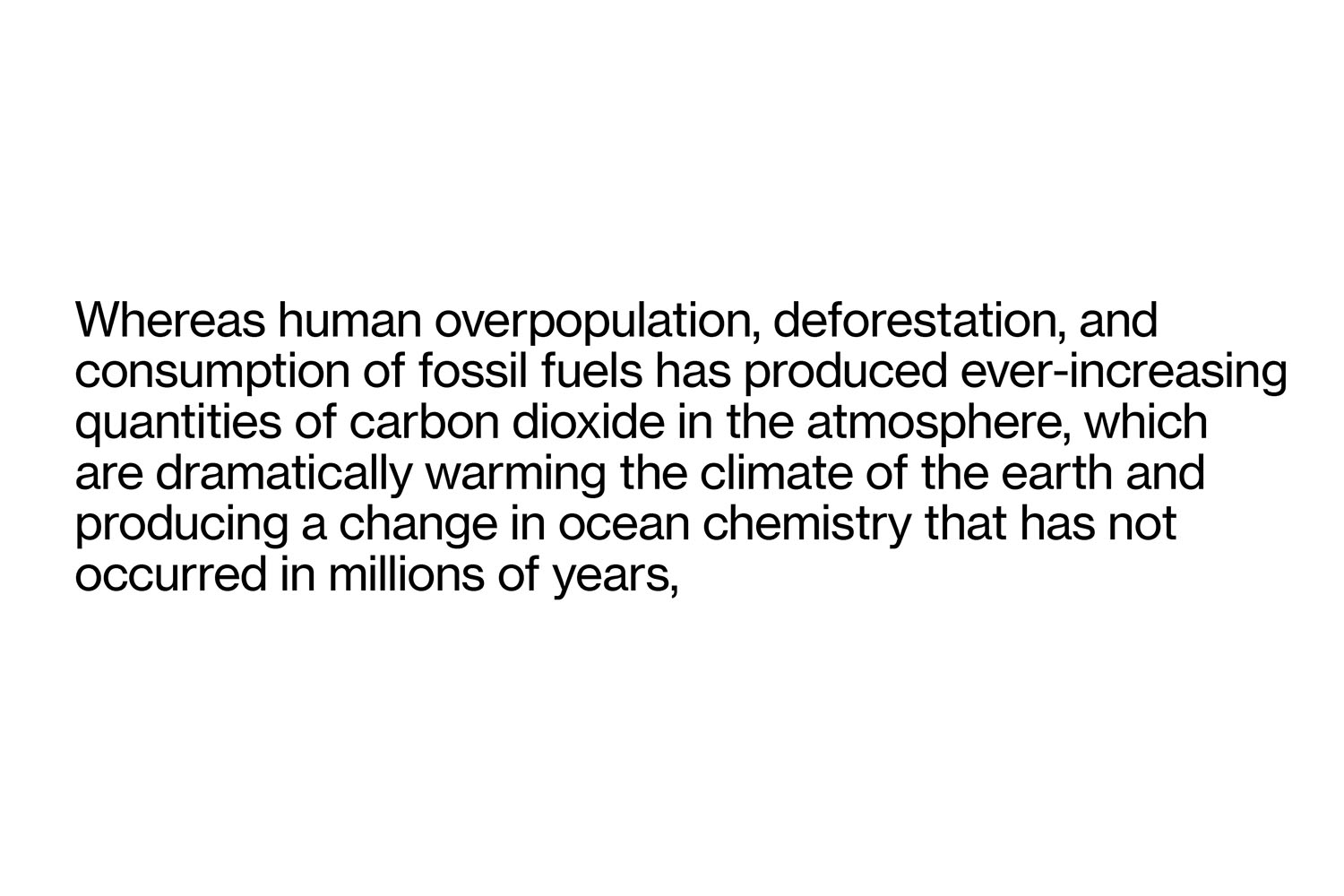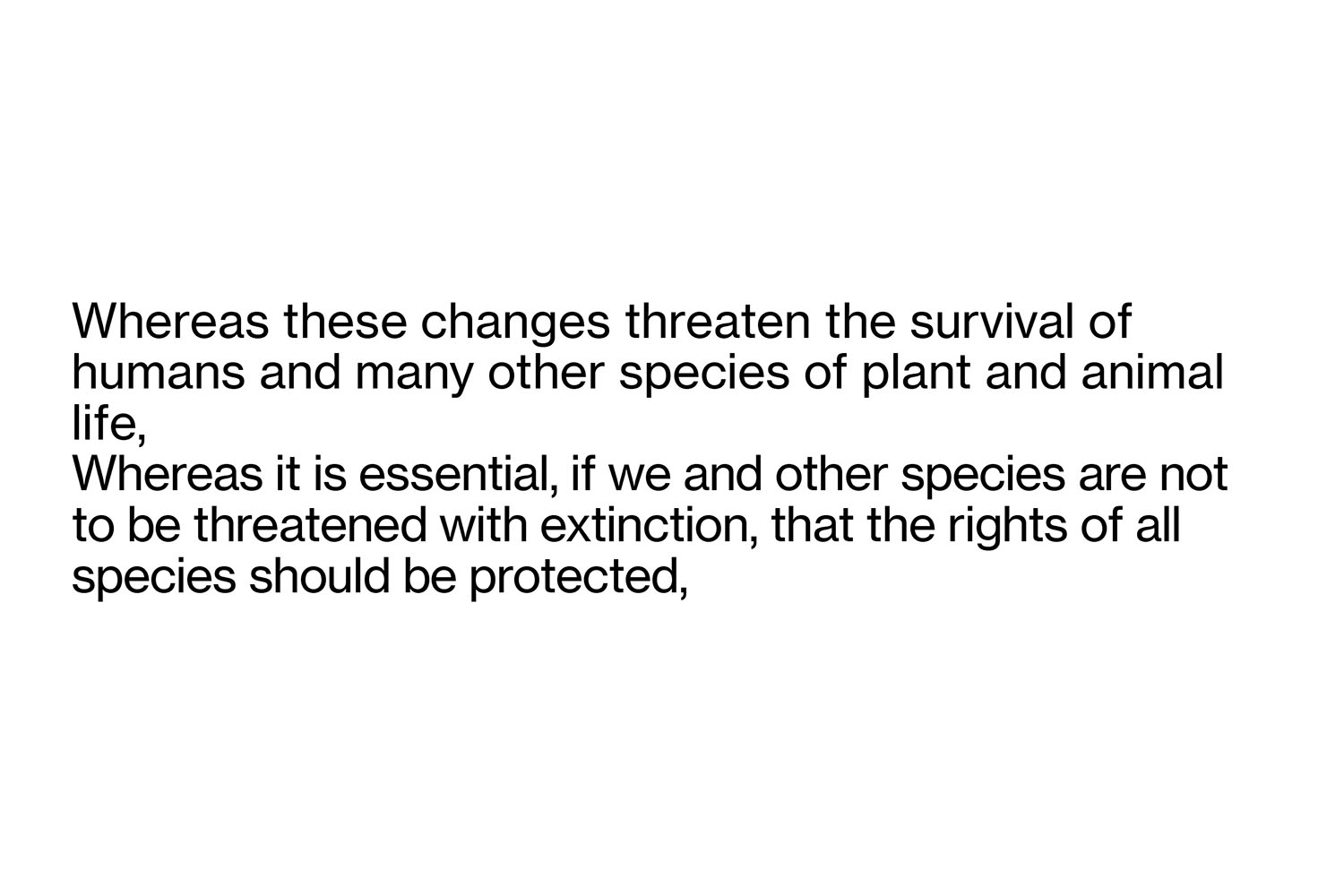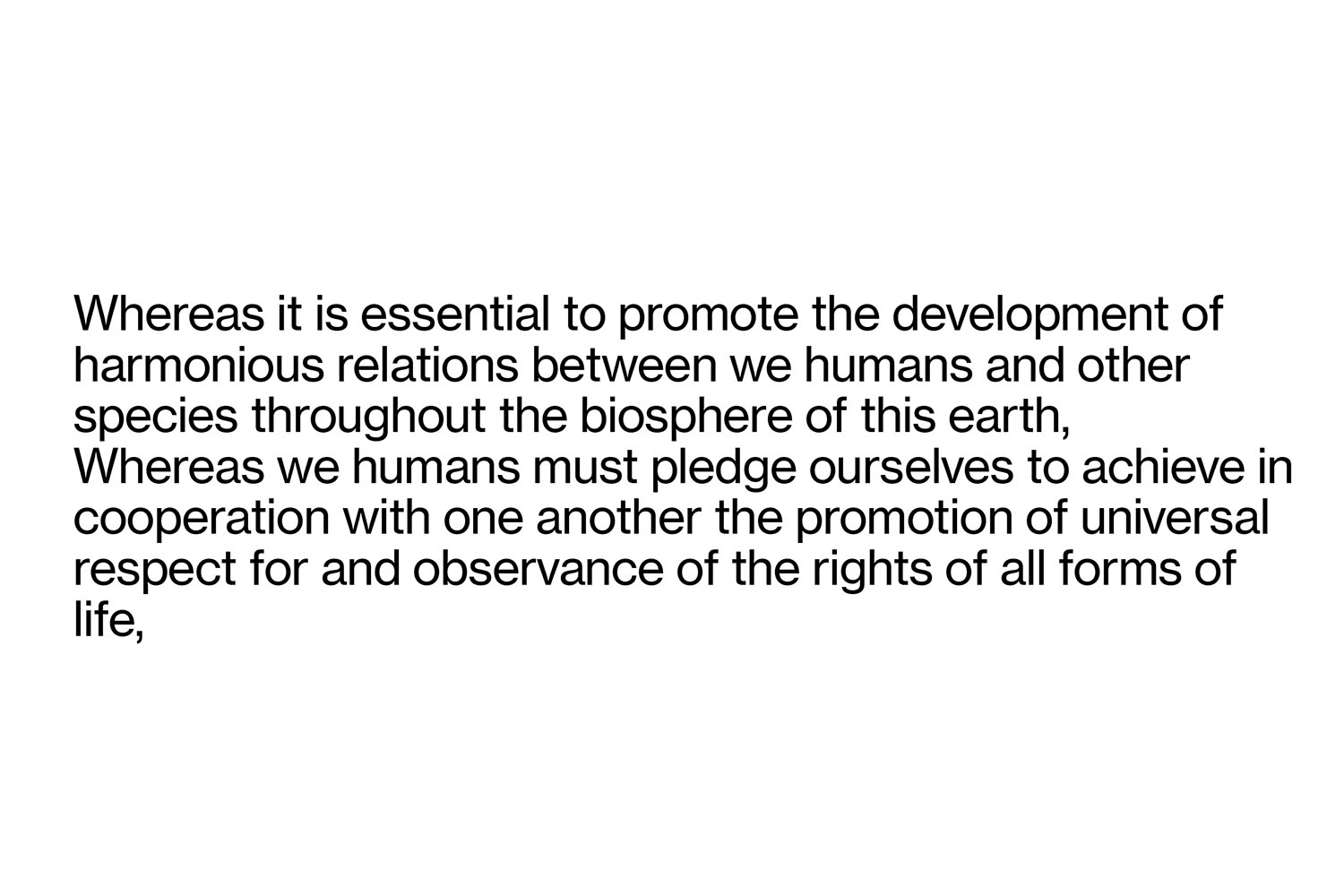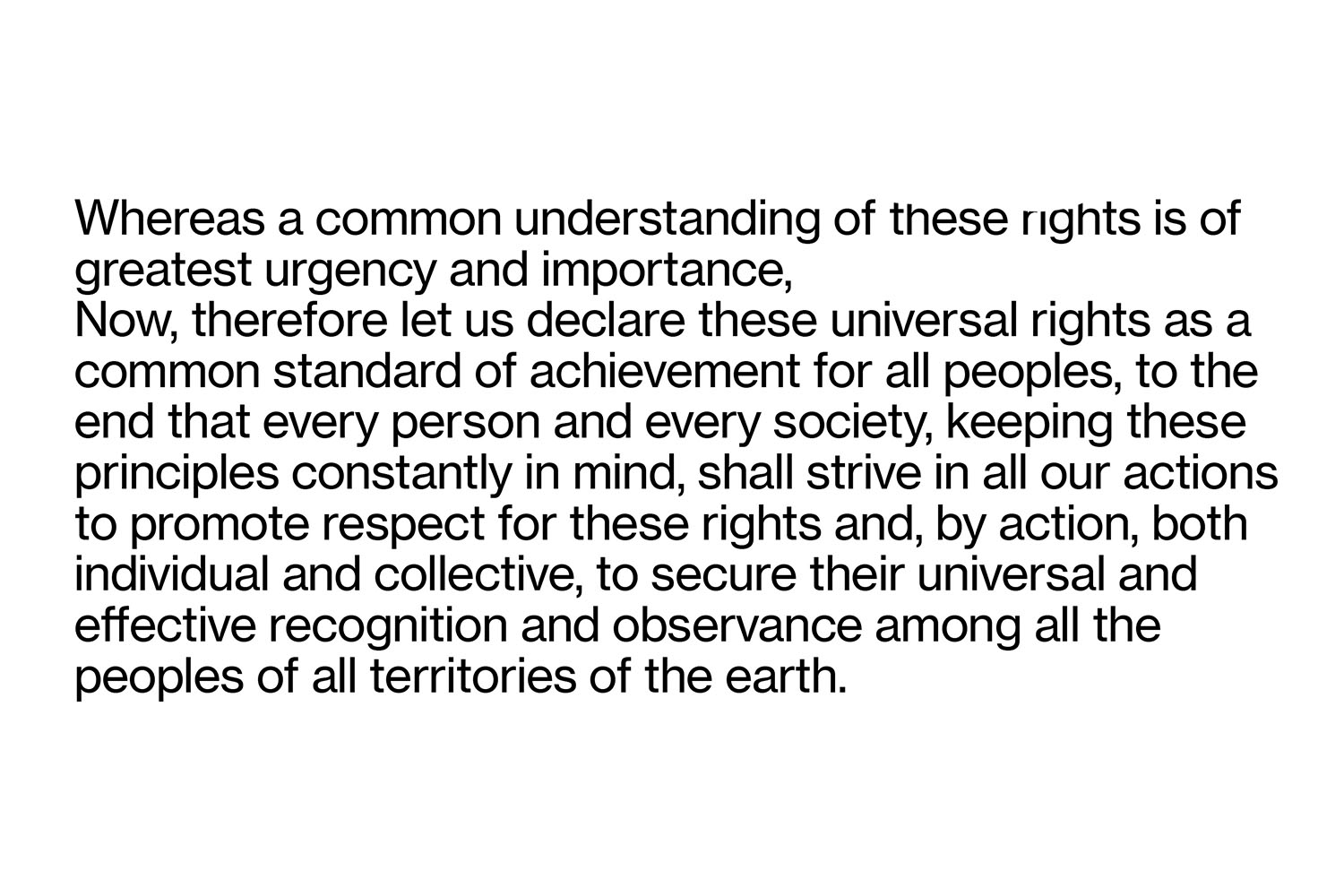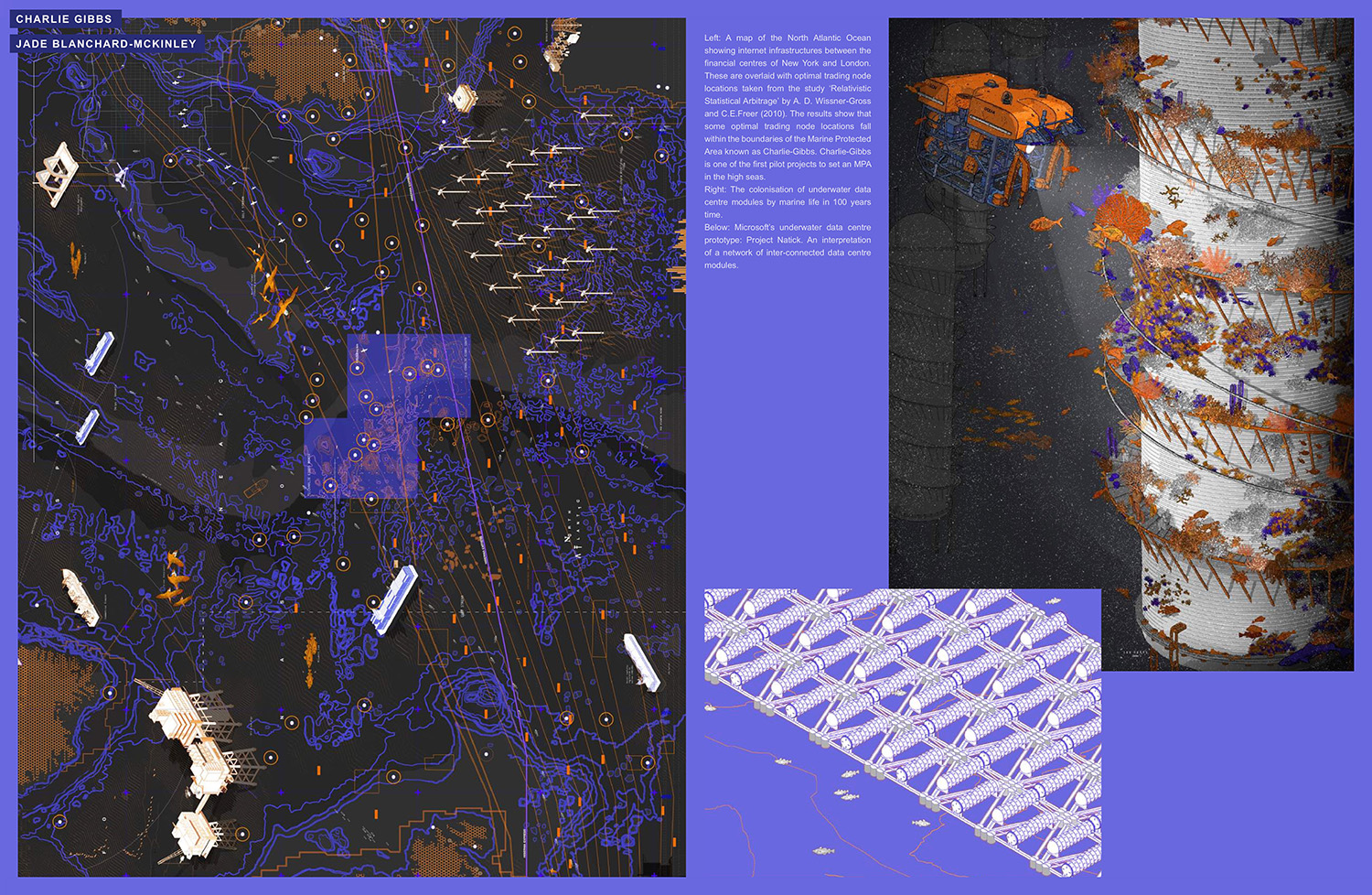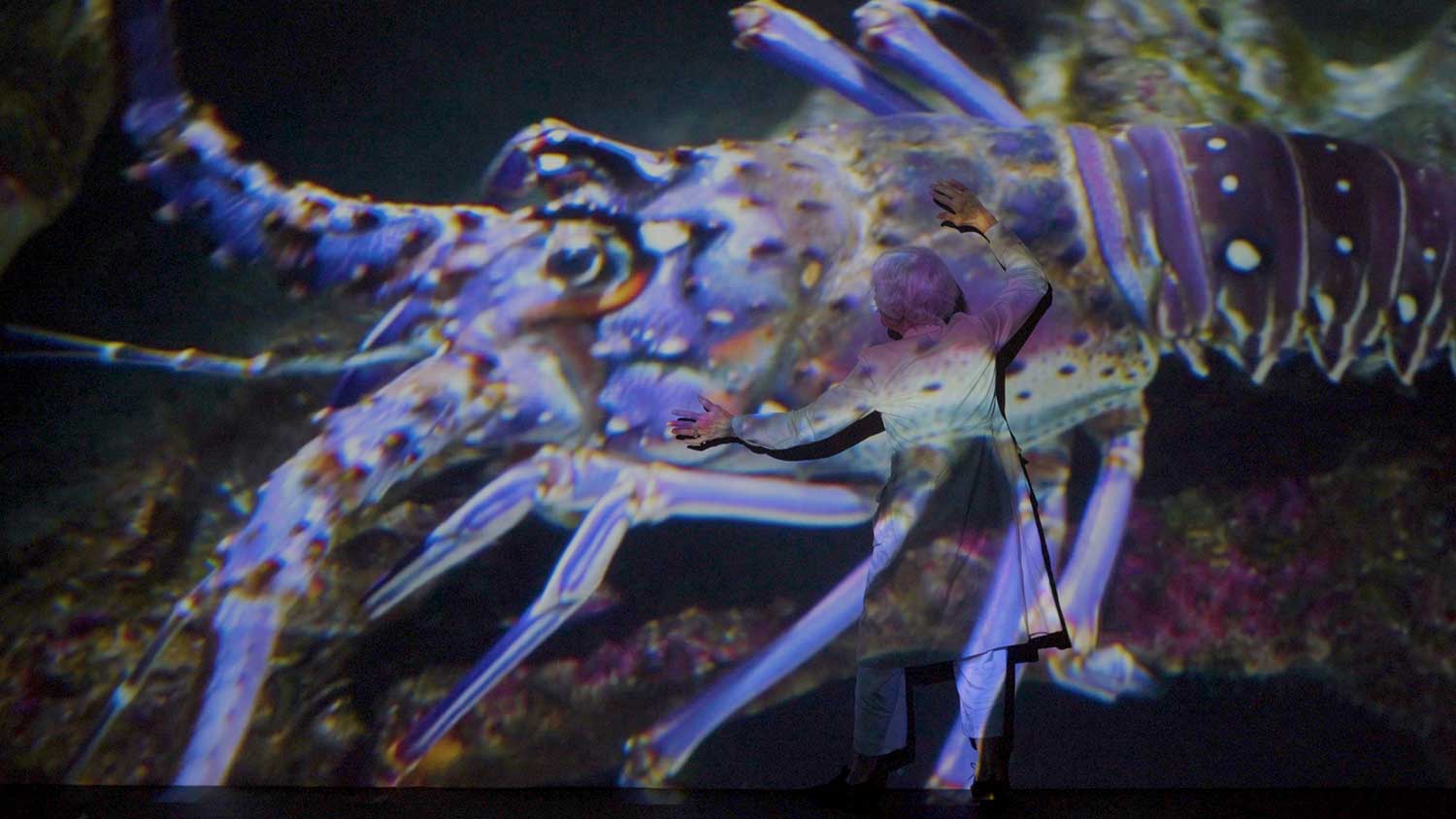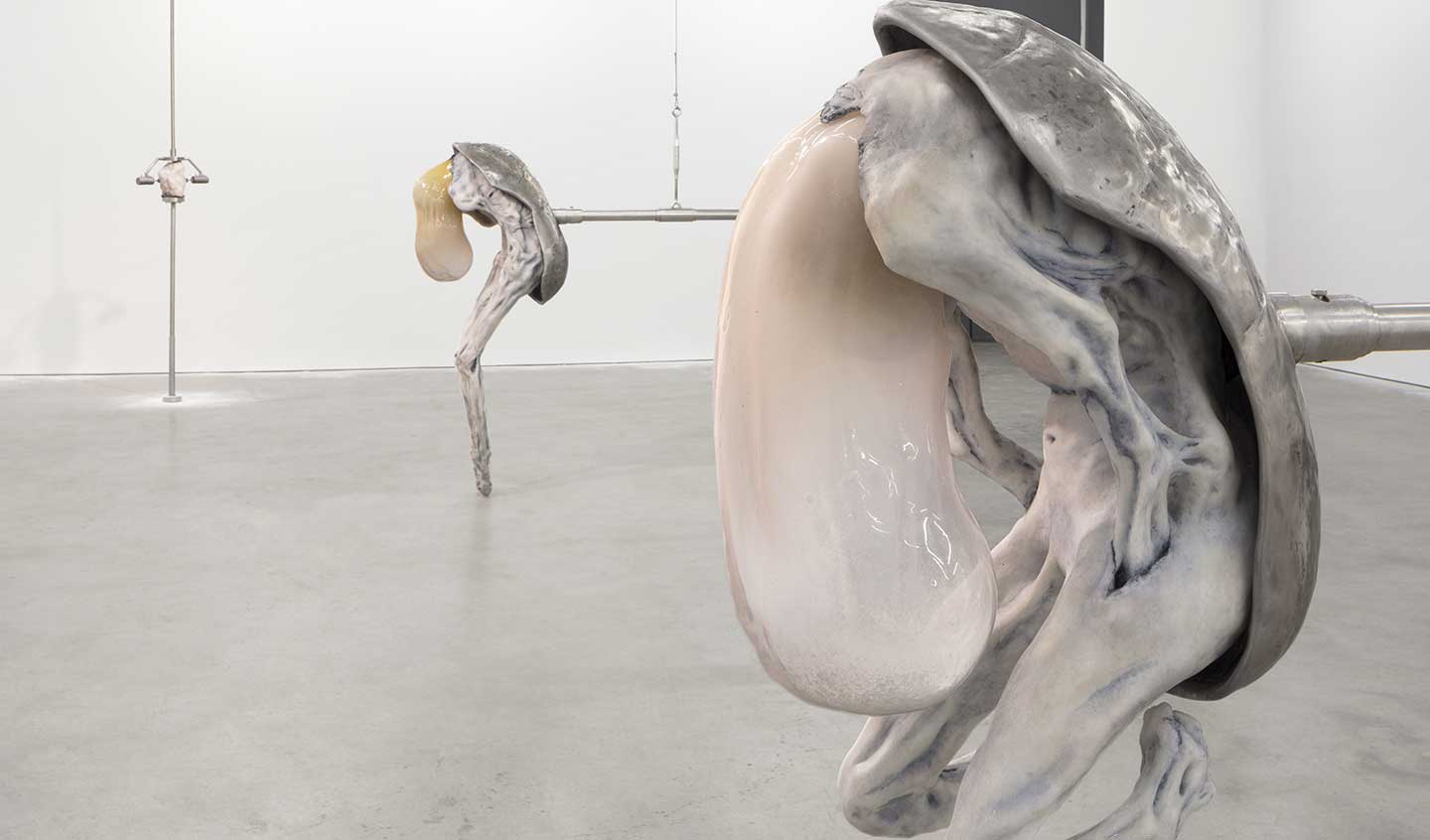Composing Home
In this time when we humans have become a geologic force, most of us live in increasingly homogenous environments, and in the amorphous non-places of the internet. Searching for real experiences in real places, we travel to far-flung destinations, where we make photographs of ourselves to prove that we were there. Yet it’s increasingly rare that we are fully present anywhere, and the knowledge that we truly belong to any place eludes many of us.
For me music is a lifelong search for home — an invitation to slow down, pay attention, and remember my place within the larger community of life on earth. Living for almost forty years in Alaska, I dreamed of a new musical world grounded in space, stillness, and elemental forces of the far north. And in recent years I’ve come to imagine music as a way to renew our connections with place, wherever we may be.
A deep concern for the state of the earth and the future of humanity drives me to continue composing. I believe that music can serve as a sounding model for the renewal of human consciousness and culture. If we can imagine a culture and a society in which we each feel more deeply responsible for our own place in the world, then we just may be able to bring that culture and that society into being. This will largely be the work of people who will be here on this earth when I am gone.
I place my faith in them.
Universal Rights
In the wake of World War II, the United Nations adopted a “Universal Declaration of Human Rights.” Seventy years later, the UN has published a comprehensive report concluding that as many as one million plant and animal species are now threatened with extinction. 1 In light of these grim findings, the time seems right to expand the spirit of the earlier declaration to embrace all forms of life on this earth.
Whereas recognition of the inherent dignity and the inalienable rights of all living beings and all species is necessary to sustain a healthy biosphere and the rich diversity of life on this earth,
Whereas disregard and contempt for the rights of other species have resulted in barbarous acts that threaten life all over this planet, and whereas the advent of a world in which all species shall enjoy freedom from threats to their existence is essential to the future of we humans,
Whereas through unrestrained nationalism and greed, through thoughtless actions and unquestioning faith in our own technologies we humans have the capacity to bring about the extinction of other species, and whereas we also have the capacity for reason, reflection, understanding, and compassion,
Whereas human overpopulation, deforestation, and consumption of fossil fuels has produced ever-increasing quantities of carbon dioxide in the atmosphere, which are dramatically warming the climate of the earth and producing a change in ocean chemistry that has not occurred in millions of years,
Whereas these changes threaten the survival of humans and many other species of plant and animal life,
Whereas it is essential, if we and other species are not to be threatened with extinction, that the rights of all species should be protected,
Whereas it is essential to promote the development of harmonious relations between we humans and other species throughout the biosphere of this earth,
Whereas we humans must pledge ourselves to achieve in cooperation with one another the promotion of universal respect for and observance of the rights of all forms of life,
Whereas a common understanding of these rights is of greatest urgency and importance,
Now, therefore let us declare these universal rights as a common standard of achievement for all peoples, to the end that every person and every society, keeping these principles constantly in mind, shall strive in all our actions to promote respect for these rights and, by action, both individual and collective, to secure their universal and effective recognition and observance among all the peoples of all territories of the earth.
Article 1.
All living beings are born free in dignity and rights. They are endowed with spirit and consciousness, and are all interrelated in the great web of life.
Article 2.
Every living being is entitled to certain universal rights and freedoms, without distinction of any kind, such as species, color, gender, mode of communication or movement, and without distinction of skin or feathers, fin or fur, flesh or fiber, wood or bone. No distinction shall be made on the basis of the habitat or territory to which a being belongs, whether north or south, east or west, wet or dry, cold, warm, or temperate, whether forest, grassland, tundra, desert, mountain, glacier, river, lake, or ocean.
Article 3.
Every living being has the right to life, liberty, and habitat.
Article 4.
No species shall be threatened with extinction, and actions that may threaten its survival shall be prohibited in all forms.
Article 5.
No living being shall be subjected to torture or to cruel, violent, or degrading treatment or punishment.
Article 6.
No individual or species shall be subjected to unnatural confinement, exile from, or destruction of their native habitat.
Article 7.
Every species is entitled in full equality to a fair and thorough consideration by independent and impartial science in the determination of its rights and any threatening acts against it.
Article 8.
Every individual and every species has the right to refuge and freedom from persecution.
Article 9.
Every individual and every species has the right to free migration without regard to the boundaries, borders, or frontiers of nation states or any other governmental entities.
Article 10.
Every individual and every species has the right to freedom of peaceful assembly and association, whether in herd, flock, gaggle, pod, drove, pride, colony, bevy, tribe, band, troop, swarm, raft, covey, pack, school, shoal, leap, exaltation, or any other natural congregation.
Article 11.
Every living being has the right to breathe clean air, to drink clean water, to eat uncontaminated food.
Article 12.
Every living being has the right to rest and safety in suitable shelter, whether house, cave, roost, nest, aerie, mound, hill, tunnel, warren, burrow, lodge, lair, den, hive, web, or other such shelter, and to migrate, hibernate, or otherwise live the natural life cycle of their species.
Article 13.
Motherhood and childhood are entitled to special care and protection. All children, regardless of species, shall enjoy the protection they need to thrive.
Article 14.
Every individual and every species has the right to the protection of its unique place within the web of life.
Article 15.
Every individual and every species is entitled to a sustainable ecological order in which the rights and freedoms set forth in this declaration can be fully realized.
Article 16.
Nothing in this declaration may be interpreted as implying for any nation, state, corporation, group, species, or individual any right to engage in any activity or to perform any act aimed at the destruction of any of the rights and freedoms set forth herein.
Article 17.
The health of the biosphere of the earth, and our impact on future generations of all species, shall be the basis of our individual and collective actions as human beings.
John Luther Adams
Luther Adams’s Become Desert (2017) — featuring the Seattle Symphony conducted by Ludovic Morlot — is now available from Cantaloupe Music on all digital platforms. In the Name of the Earth (2018) — a celebration of the planet scored for massed voices, performing out of doors — will be given its European premiere at Royal Albert Hall, London, on September 8, as part of BBC Proms 2019.

